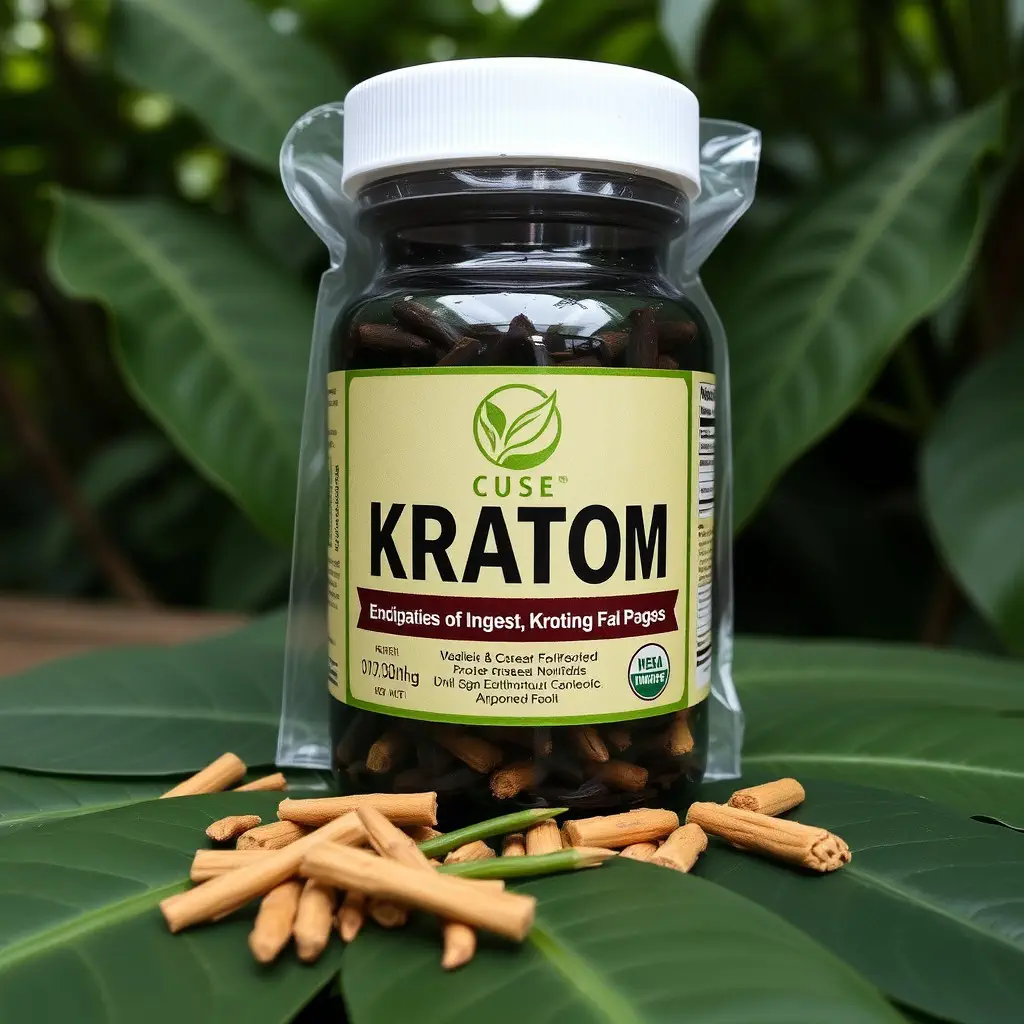Kratom, derived from Mitragyna speciosa, is gaining popularity in Miami as a potential aid for addiction treatment due to its opioid receptor interaction and endorphin release. While it helps manage withdrawal symptoms, long-term use carries risks. Distributor Kratom Miami offers high-quality kratom products for diverse preferences. As research progresses, kratom could become a valuable part of personalized recovery plans, providing a safer alternative to prescription opioids.
Kratom has emerged as a potential treatment for addiction, offering a natural alternative to conventional therapies. This article explores how kratom interacts with addiction, its effects on the brain, and promising case studies. We delve into the role of a reliable distributor kratom Miami in facilitating recovery, considering quality control and regulatory aspects. Additionally, it discusses integrating kratom into comprehensive recovery plans, personalizing treatments, and monitoring progress for sustainable long-term recovery.
- Kratom and Addiction: Understanding the Connection
- – Exploring the role of kratom in addressing addiction
- – Scientific insights into kratom's effects on the brain and behavior
Kratom and Addiction: Understanding the Connection
Kratom, a natural herb derived from the plant Mitragyna speciosa, has gained attention as a potential tool in addiction treatment and recovery. Its growing popularity in the US, including in cities like Miami, where a reliable distributor kratom miami can be found, is partly due to its purported ability to help manage withdrawal symptoms and cravings associated with various addictions.
The connection between kratom and addiction lies in its effects on the brain’s reward system. Similar to certain opioids, kratom interacts with opioid receptors, releasing endorphins and producing feelings of pleasure and relaxation. This action can be beneficial for individuals struggling with substance use disorders as it may alleviate withdrawal symptoms and reduce cravings. However, it’s important to approach this treatment option with caution due to the potential risks and side effects associated with long-term kratom use.
– Exploring the role of kratom in addressing addiction
– Scientific insights into kratom's effects on the brain and behavior
Kratom, a natural substance derived from the plant Mitragyna speciosa, has gained significant attention in the field of addiction treatment. Scientific research has shed light on its potential effects on the brain and behavior, offering new hope for those seeking recovery from various addictions. Studies suggest that kratom’s primary mode of action involves interacting with opioid receptors in the brain, leading to sensations of pleasure and pain relief. This interaction can help mitigate withdrawal symptoms and cravings associated with addictive behaviors.
Distributors of kratom in Miami and beyond are exploring its therapeutic potential, particularly in combination with traditional addiction treatment methods. While more research is needed to fully understand its scope, initial findings indicate that kratom may aid in managing substance use disorders by providing a safer alternative to prescription opioids and reducing the risk of overdose. As the scientific insights into kratom’s effects grow, it could become a valuable resource for personalized recovery plans.
Kratom has emerged as a potential tool in addiction treatment, offering a natural alternative for those seeking recovery. As a distributor kratom Miami or elsewhere, it’s crucial to understand its role in mitigating withdrawal symptoms and rewiring brain pathways. Scientific research continues to shed light on kratom’s effects, making it a promising area of exploration in the fight against addiction. Remember that, while kratom shows promise, it should be part of a comprehensive treatment plan supervised by healthcare professionals.






